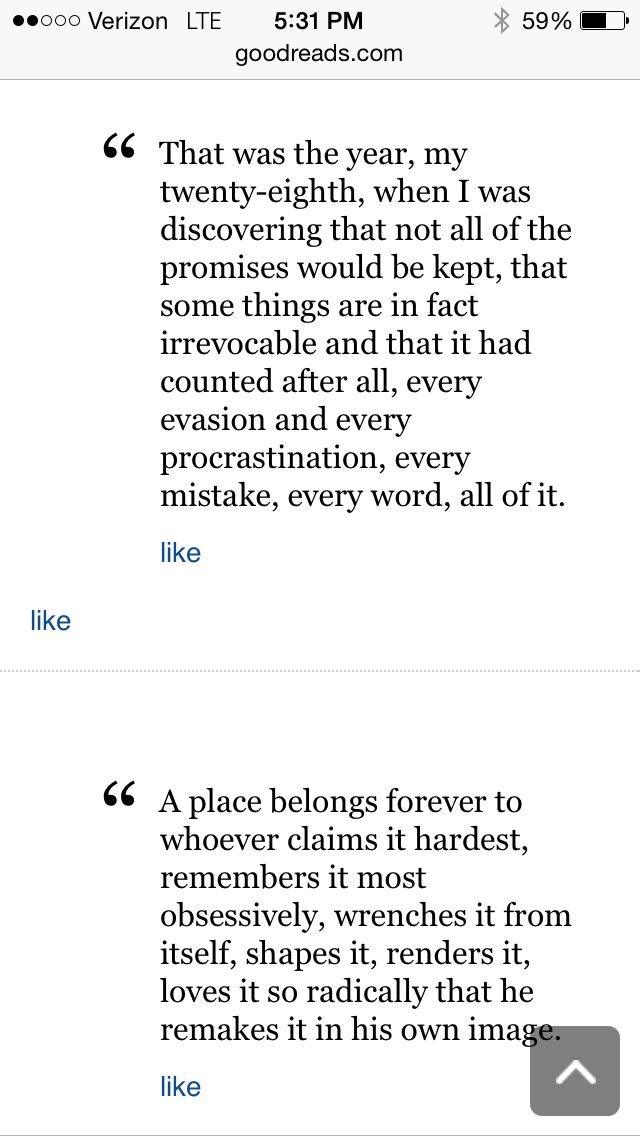
“Fathers, Sons, Screaming Eagles” describes a veterans’ reunion Didion attended where she discusses Vietnam with World War II veterans and finds that many feel differently about the former war than they do about the latter. “Pretty Nancy” describes a day Didion spent with Nancy Reagan and the artifice prevailing not only in the shooting of some television clips of Nancy but also in the family dynamic Didion witnesses later on between Nancy and her son. She pities the youths who plan every step of their lives and leave themselves no room for failure and alternate paths. “On Being Unchosen by the College of One’s Choice” is an essay recounting Didion’s rejection from Stanford University and the subsequent realization that the early successes and failures of one’s life are irrelevant in the grand scheme of things. “A Trip to Xanadu” is an essay lamenting the loss of childhood imagination when Didion confronts William Randolph Hearst’s mansion in person one day, finally setting eyes on the house she used to see at a distance as a child and daydream about. “Getting Serenity” recounts Didion’s time attending Gamblers Anonymous meetings and listening to the eerie testimonies of people who escaped gambling as an addiction only to find what they claim is ‘serenity’ but which Didion feels is closer to death than to life. She finds that underground papers are far less informative yet far more truthful than the former, since they do not shy away from indicating their writers’ biases and thus allow the reader to know exactly what kind of ‘truth’ they are getting. Didion says that the tendency among mainstream newspapers to present biased writers’ views as ‘objective’ is reprehensible. “Alicia and the Underground Press” posits that the only good newspapers ‘left’ in America are The Wall Street Journal, the Los Angeles Free Press, the Los Angeles Open City, and the East Village Other.

Let Me Tell You What I Mean is a collection of 12 essays written by author Joan Didion across several decades. The following version of this book was used to create the guide: Didion, Joan.


 0 kommentar(er)
0 kommentar(er)
